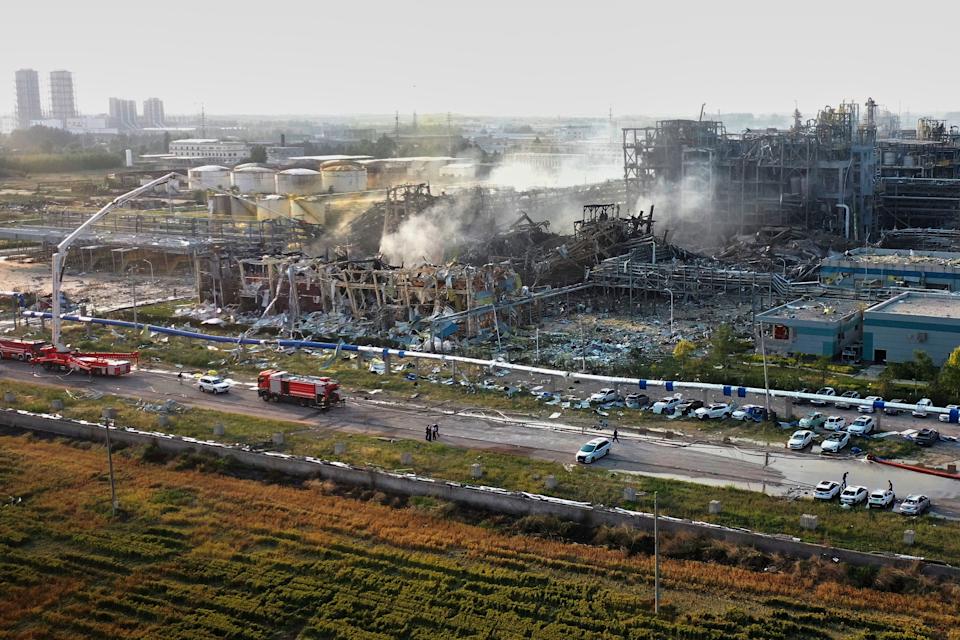Rice farmers have sounded the alarm over the decline of Nigeria’s rice industry, blaming the closure of local mills and widespread job losses on cheap imports, insecurity, and inadequate government support.
The Chairman of the Competitive African Rice Forum Nigeria, Peter Dama, expressed deep concern about the shutdown of processing facilities and the severe impact on workers in a statement released on Sunday.
“Our mills have been shut down. We have retrenched workers. Is this the future for us in this country?” he said.
Dama recalled a time when Nigeria’s rice production soared to an unprecedented eight million metric tons, meeting most of the national demand without any complaints from Nigerians.
He attributed the industry’s decline to rising insecurity, which severely disrupted farming activities.
“It was after the rise in banditry and kidnapping that farming became challenging, and production suffered.” He dismissed claims that the rice pyramids displayed across various states were mere propaganda.
“The pyramids were exhibited in Abuja and other states as part of zonal displays. Despite some media claims that these were fake structures and that paddy rice was unavailable, the truth is that paddy was produced, distributed, milled, and payments made,” he said.
He defended the farmers who received government support, emphasizing their integrity.
“While there are so-called ‘political rice farmers’, our members who received assistance genuinely utilised it for rice production.” Nigeria’s rice output once approached self-sufficiency at eight million metric tonnes.
“We reached about eight million tonnes, nearly meeting Nigerian demand. However, the industry crashed because we needed just about three million more to sustain it.”
He clarified “Our production capacity was approximately 5.3 million metric tonnes, while consumption stood at 8.5 million metric tonnes. But now, production has declined further.”
Dama pointed out that unfair competition from imports was undermining local farmers’ efforts and threatening the growth of the industry.
“Imported rice is cheaper because importers evade taxes and receive subsidies. They bring rice into Nigeria at prices as low as $10 to $20 per tonne,” he noted.
Dama called on the Federal Government to take decisive action to revive the rice industry by ending all selective import waivers on rice, reaffirming rice as a protected strategic crop, and enhancing border enforcement.
“End selective import waivers on rice and related food commodities. All trade incentives should be transparent, time-bound, and equitable,” he demanded.










